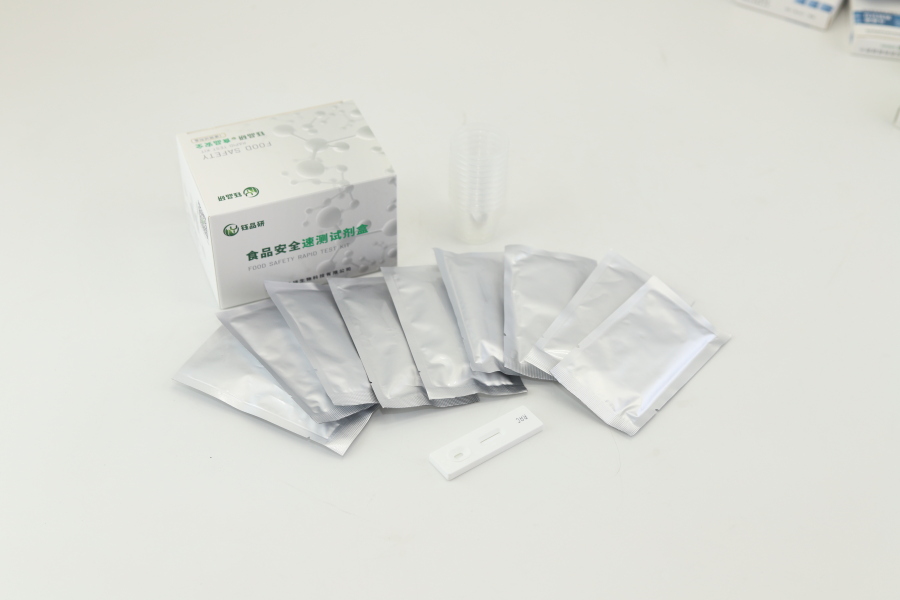
in modern agricultural production, the application of herbicides plays an important role in improving crop yield and ensuring agricultural production efficiency. However, improper use or excessive residues of some herbicides, such as dimethylpentyl, dichloroquinolinic acid, etc., may pose a potential threat to the quality and safety of agricultural products, and then affect consumer health. Therefore, it is essential to strengthen the detection and monitoring of these herbicides.
dimethylpentyl is a widely used selective herbicide, which is often used in weed control of various crops, but excessive residues may cause pharmacological damage to the next sensitive crops, and may also enter the human body through the food chain. Dichloroquinolinic acid is mainly used to control weeds such as barnyardgrass in rice fields and other areas, but it is more sensitive to certain crops and has certain soil residue characteristics. If it is not properly controlled, there are also risks. Accurate detection of these herbicide residues can effectively prevent unqualified agricultural products from entering the market.
In order to meet the market demand for rapid detection of herbicide residues, Wuhan Yupinyan Bio focuses on the research and development and production of food safety rapid detection reagents. The related detection reagents it has developed are designed to provide convenient and efficient detection tools for agricultural product production bases, processing enterprises, regulatory departments, etc. By using the principle of advanced immunochromatography technology, these rapid detection reagents can complete the qualitative screening of dimethylpentyl and dichloroquinolinic acid residues in the sample in a short time, which greatly shortens the time required for traditional detection methods and improves the detection efficiency.
In practical applications, the food safety rapid detection reagent of Wuhan Yupinyan Bio is used for detection. The operation is simple and can be started without complicated equipment and professional training. The testing personnel only need to follow the steps of the reagent manual for sample pretreatment, sample addition and other operations, and the detection results can be observed within the specified time, providing strong support for on-site rapid screening. This is of positive significance for timely detection and control of excessive herbicide residues and ensuring the safety of agricultural products from field to table.
As the public's attention to food safety continues to increase, the requirements for the detection of various pesticide residues are also becoming increasingly strict. Wuhan Yupinyan Bio will continue to be committed to the innovation and optimization of food safety rapid detection technology, and continuously improve the sensitivity, accuracy and stability of detection reagents. To more comprehensively monitor various herbicide residues including dimethylvalerate and dichloroquinolinic acid, and to protect the public's "safety on the tip of the tongue". Through effective detection methods, we can better balance the relationship between agricultural production and food safety, and promote the healthy and sustainable development of the agricultural industry.

